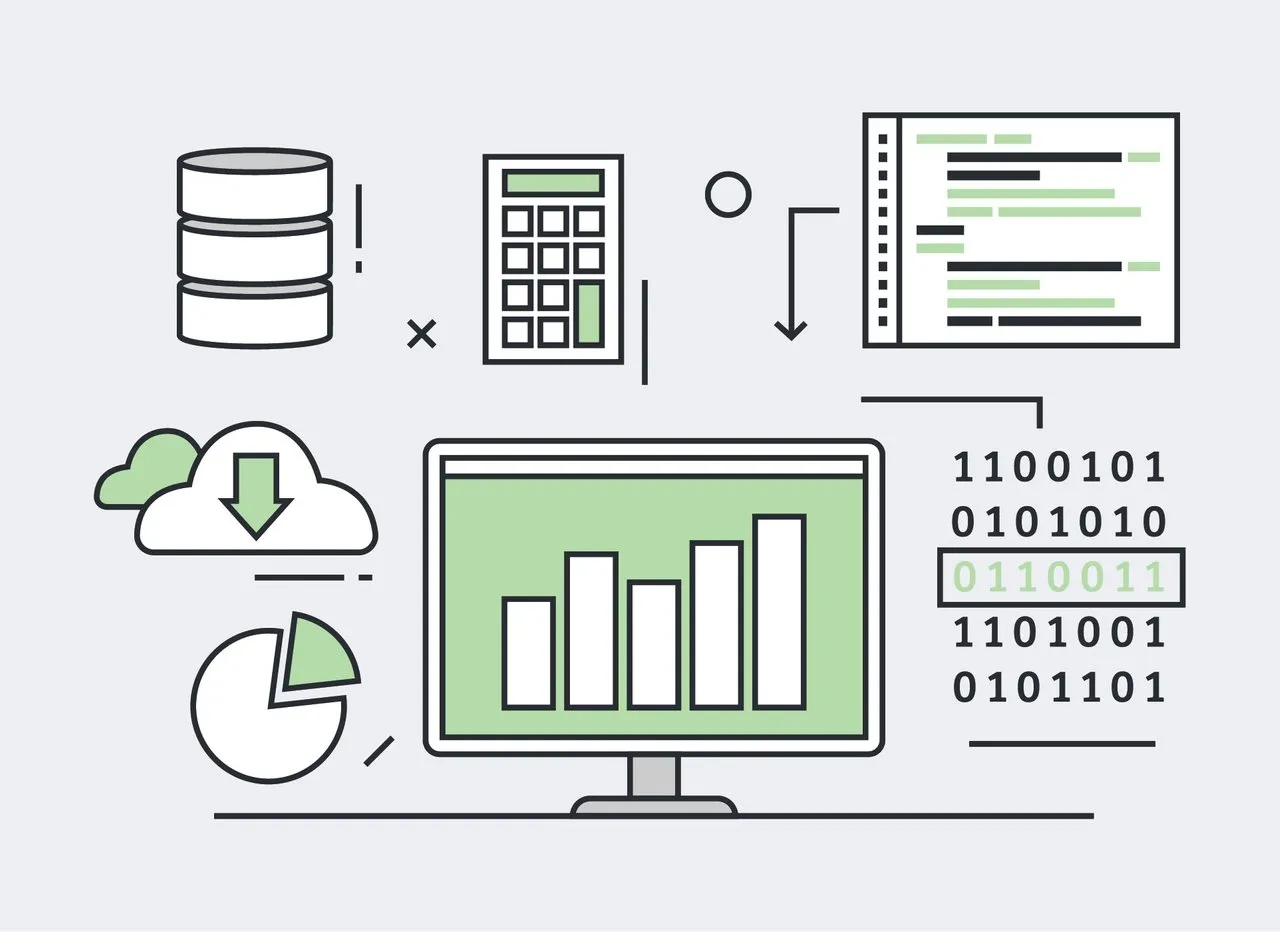If you haven't read it yet, may I recommend reading Part 1 first? It deals with metadata, the means used to collect it and the government's justifications for acquiring it.
Is the elimination of everyone's privacy a price worth paying in the name of safety? How much safer are we for all this metadata collection? In this blog post, I hope to address data mining and its usefulness in foiling terrorist plots.
In the comments of part 1, @dreemsteem suggested that I write a post that outlines what people can do about government surveillance if they feel outraged or want to retain their privacy. It was a great suggestion, so I compiled some simple recommendations and links to resources that deal with more complicated privacy protection methods at the end of this blog. Thanks to @creatr for making the list much more comprehensive and sophisticated than I could have on my own and for copy-editing 😄
In Part 1, we saw that the justification for democratic governments' mass data collection and storage came about due to 9/11. However, reports find that the U.S. intelligence agencies had enough information to prevent 9/11. The real failure was related to the NSA not sharing intelligence with the FBI, rather than a lack of appropriate data.
Now the government collects all of the metadata it can get its hands on through partnerships with big tech and telecommunications companies. What are governments doing with your metadata? They are storing it (more on the implications of this next time) and mining it.
 Image Source
Image Source
What is data mining?
Data mining refers to computer inspections of data that intend to find correlations between various data points that may indicate how a person will behave in the future. Decision-making algorithms assign characteristics to individuals in line with what others having similar tendencies do. For example, perhaps it has been shown that 80% of those who use Colgate toothpaste also vote Republican. The algorithm might assume you vote Republican if you buy Colgate toothpaste.
In order to find useful connections between data points, all data must be collected, regardless of its perceived usefulness.
Why collect and mine data?
The idea behind total information awareness programs is to mine data about entire populations in such a way as to recognise patterns of terrorist behaviour in data sets too large for the human mind to comprehend. In data mining, suspicious people are supposed to stand out against the data of regular people and then be targeted for monitoring by law enforcement based on those correlations between data points.
Governments reiterate that the purpose of invasive data collection and retention for mining is in the hopes that terrorist activity patterns will be revealed, rendered predictable and preventable.
However, data mining has repeatedly proven ineffective and unnecessary against terrorist attacks.
In fact, mass surveillance failed to detect bomb attacks in Boston, on a plane in Detroit, in Times Square and on the New York Subway; all were prevented using traditional police powers.
Moreover, although President Obama claimed that mass surveillance prevented terrorist plots, officials cannot identify specific cases where it has done so. Additionally, where officials have named instances, the suspects were foiled due to regular police work rather than mass surveillance and mining.
There are no specific instances where data mining consumer records, as opposed to targeted searches based on reasonable suspicion, have prevented terrorist attacks.
Furthermore, an independent advisory panel suggested that conventional court orders could prevent attacks without large-scale metadata collection as the terrorist plots were foiled with traditional counter-terrorism techniques.
So, why sacrifice privacy?
Clearly, those resorting to collecting all metadata are ignoring options for combatting terrorism that do not require the sacrificing of privacy and are proven to be sufficiently effective.
In the past, privacy was protected; judicially approved evidence that the contents of communications comprised illegal behaviours was required to gain access to it legally. However, citizens are no longer afforded the constraints of the time-consuming manual nature of law enforcement work of times past, as governments have easy access to metadata, computer processing power. Existing legal frameworks do not protect citizens’ metadata.
Many argue that the demonstrable advantages of mass surveillance are so low that it is time to afford metadata the same protections as the contents of our communication.

I have to admit that, beyond the basics, I do not know much about the technical side of masking communications. What I do know and have learnt for this article is below:
I use Signal Messenger as my text messaging app as it is easy to use and offers end-to-end encryption (E2EE). As far as I am aware, it encrypts more metadata than a few other messaging apps that claim E2EE.
ProtonMail offers E2EE email services. If you are already committed to an email service, you can look into using a PGP extension with your email program. Here's some info on setting one up on GMail.
After all the Facebook scandals, I don't download any Zuckerberg apps on my phone. Beyond Facebook, I have never had an account with them at all.
Keet by Holepunch is in its Alpha phase as a desktop app, with a mobile app coming soon. It might be of interest if you are a fan of direct peer-2-peer (no middlemen servers) video/phone calls, unlimited file-sharing and built-in crypto transfers.
Here is a page of instructions that shows you how to set your browser to automatically search out the encrypted versions of websites that you might want to visit. Or, if you prefer to use an automatically encrypting browser, the Brave Browser or TOR web browser might be for you.
Suppose someone is going to be actively looking for your internet activities? Or prefer to hide your IP address from sites you are visiting? In these cases, it is recommended that you also use a VPN to further obscure the trails we all leave on the internet. It's worth noting that privacy browsers and VPNs will slow down your overall internet speed due to encryption processes.
Remember that no method is fully secure, and you should tailor your internet use in line with your personal weak points and expectations. Edward Snowden explains this in his 2015 article about sophisticated methods of metadata privacy. This is a link to Snowden's Freedom of the Press Foundation, which has current information on privacy applications, security, VPNs, password managers, two-factor authentication and more.
Please let us know in the comments if you have anything to add so that we can all better secure our communications.
Part 3 is coming soon! I hope to write about the societal implications of metadata mining and storage.
Thanks for reading and please let me know what you think in the comments 🙏
Article Reference Materials:
Andrejevic, M & Gates, K 2014, ‘Big Data Surveillance: Introduction’, Surveillance & Society, vol. 12, no. 2, pp. 185–196.
Wilson, R 2005, Human Rights in the ‘War on Terror’, Cambridge University Press, Cambridge.
Greenwald, G 2014, No Place to Hide, Hamish Hamilton, London.
Gelber, K 2016, Free speech after 9/11, Oxford University Press, Oxford.
Roth, K 2013, Rethinking Surveillance by Kenneth Roth | The New York Review of Books, web.archive.org, viewed 1 December 2022.